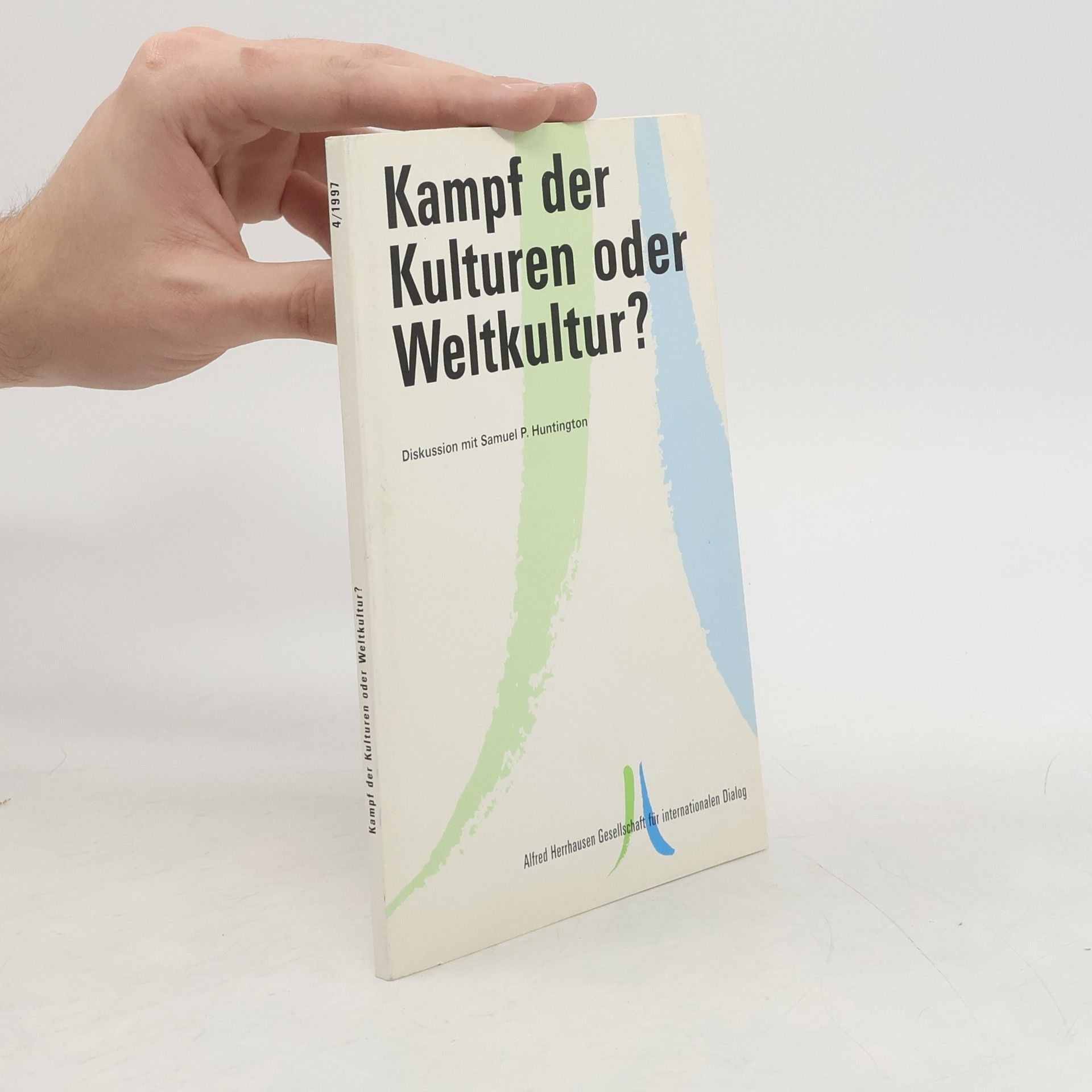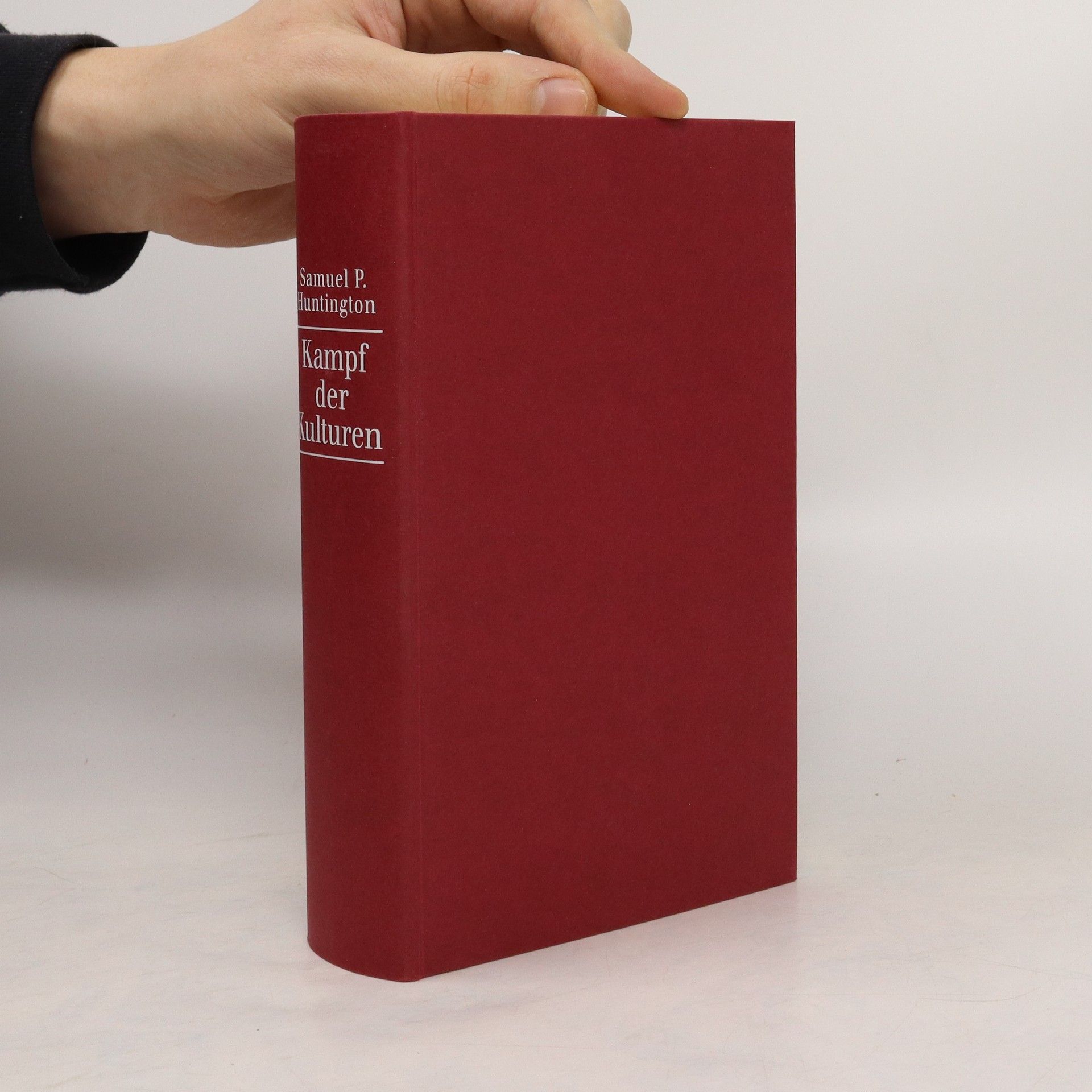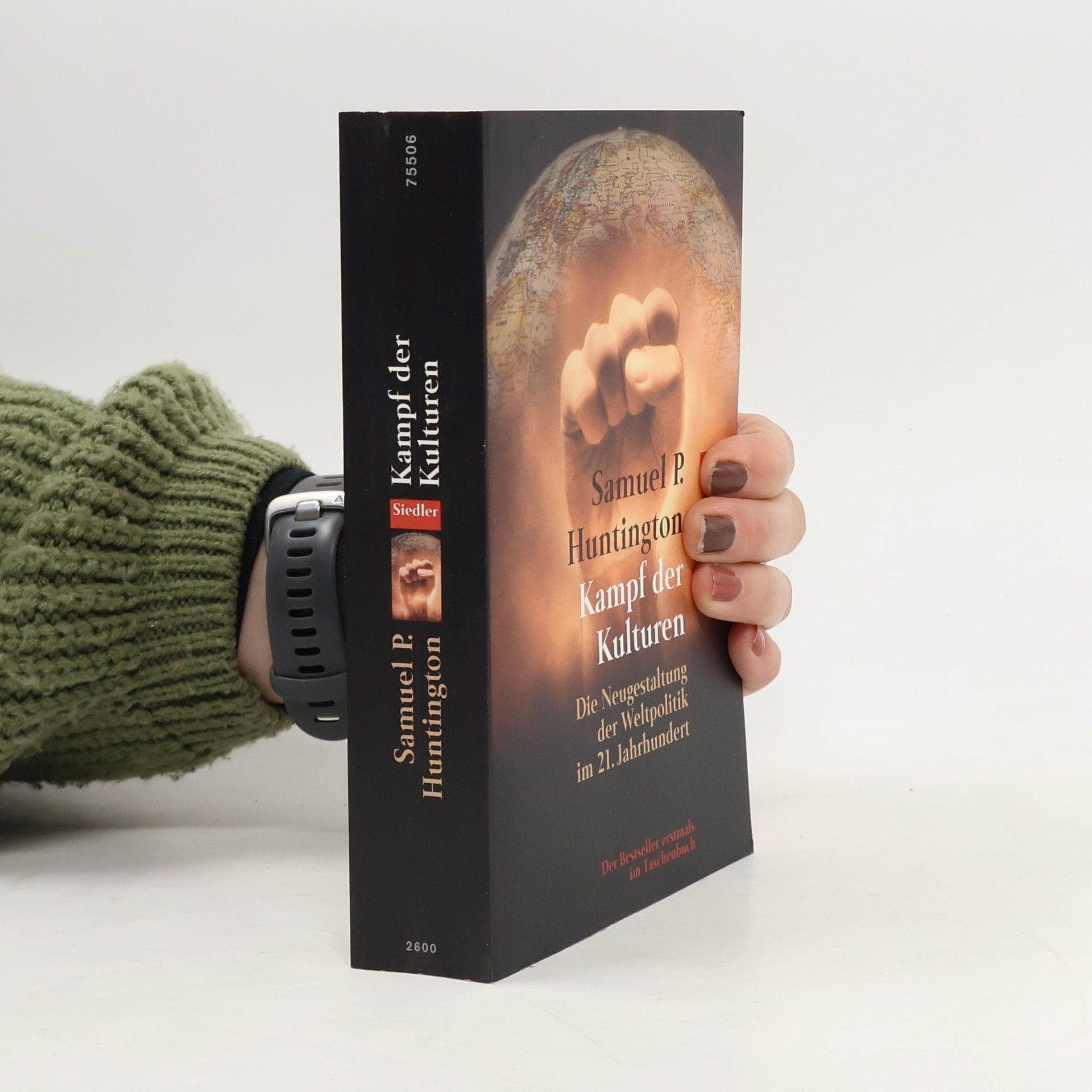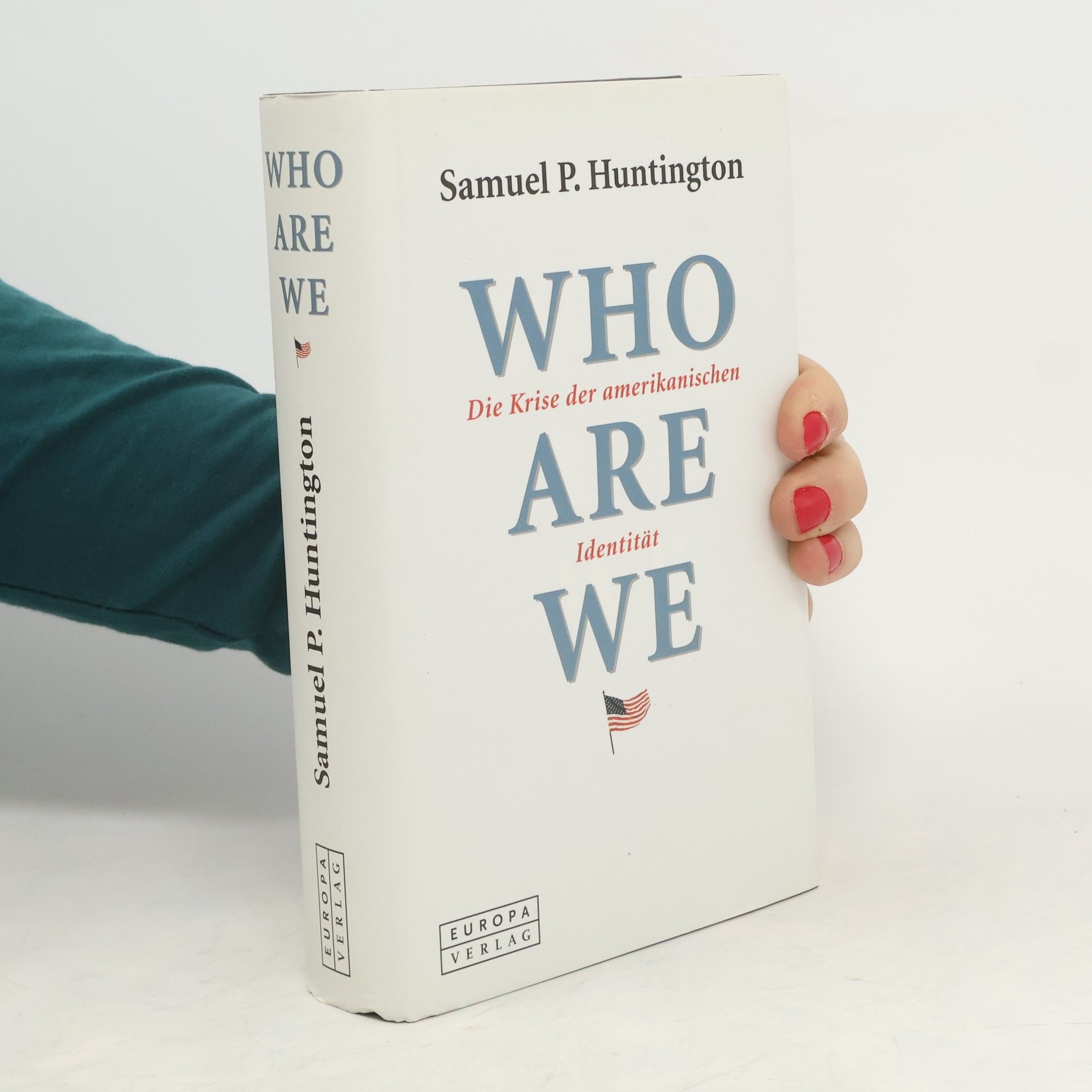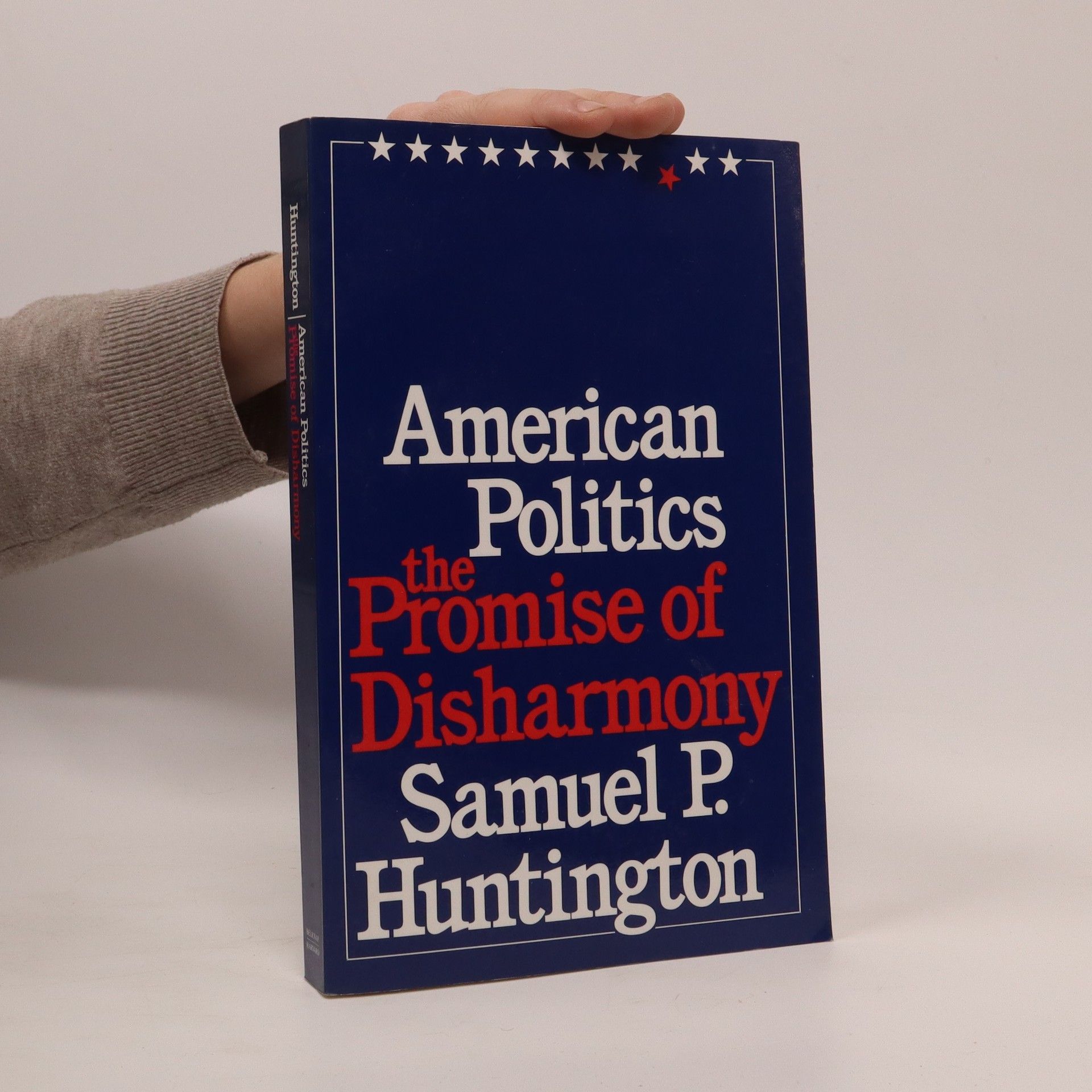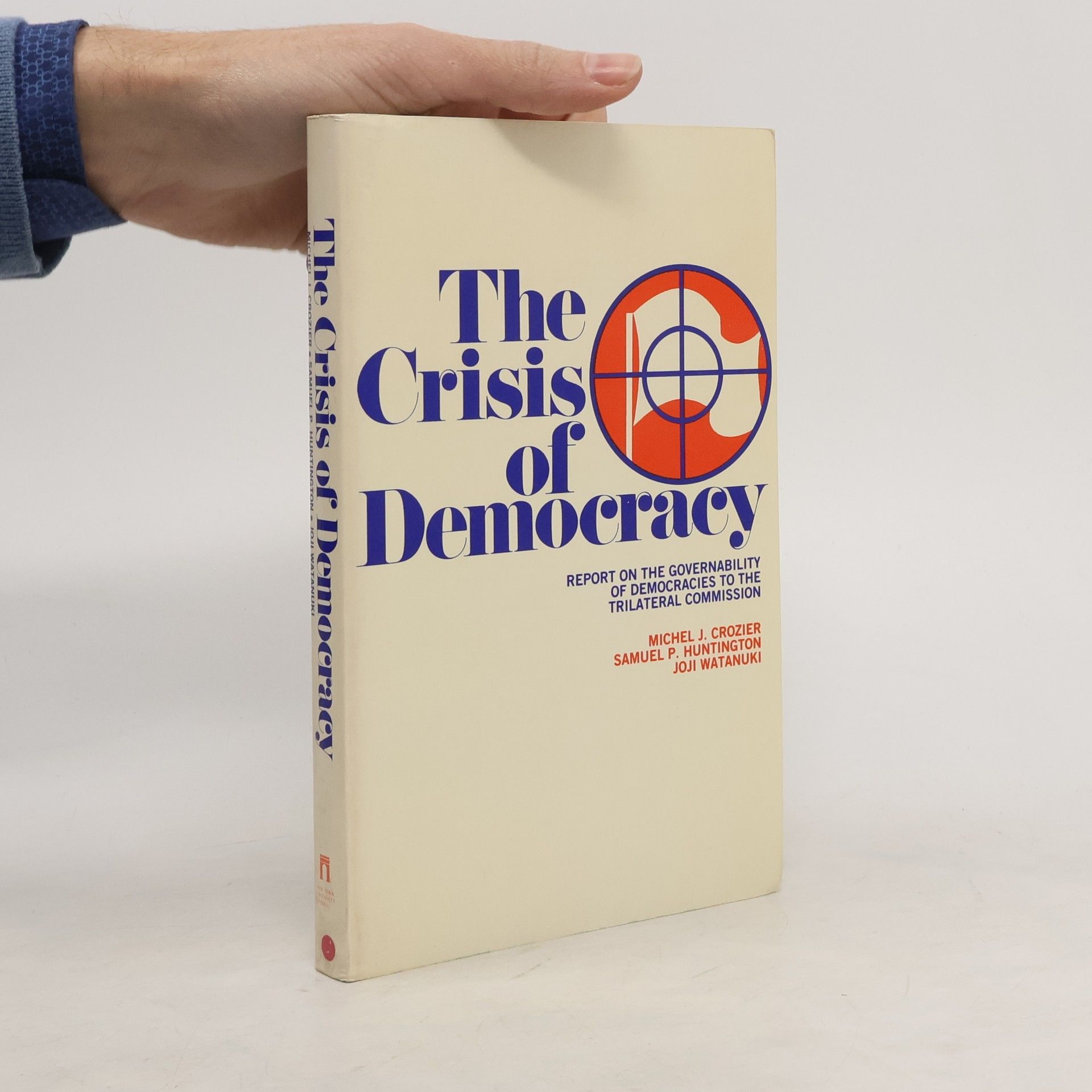Streit um Werte
- 352 Seiten
- 13 Lesestunden
Gibt es „bessere“ Kulturen ? im Sinne von sozialer Gerechtigkeit, politischer Demokratie und liberaler Wirtschaft? Ist also Unterentwicklung eine Frage der Geisteshaltung? Dann müßte der Westen bei der Planung und politischen Umsetzung seiner Entwicklungshilfe seine Werte fördern, um einen Einstellungs- und Wertewandel in den betroffenen Gesellschaften herbeizuführen. Die Globalisierung der Ökonomie trifft auf eine fragile Weltgesellschaft, die sich dringend auch mit unangenehmen Fragen auseinandersetzen muß. Wie kommt es, daß Hispanics in den USA überdurchschnittlich viele Arbeitslose und Schulabbrecher stellen, viel mehr als z. B. Asiaten oder Afro-Amerikaner? Müssen die Leistungsdefizite nicht kulturell bedingt sein, wenn die Ausgangsbedingungen vergleichbar sind? AUTOR: Samuel P. Huntington, geboren 1927, ist Professor für Politikwissenschaft, Berater des US-Außenministeriums und Leiter des John-M.-Olin-Institutes für Strategische Studien an der Universität Harvard. Er ist Mitbegründer der Zeitschrift Foreign Affairs und hat sich in zahlreichen Fachpublikationen mit den Perspektiven der Weltpolitik im 21. Jahrhundert auseinandergesetzt. Sein Werk „Clash of Civilizations“ ist der Sachbuch-Bestseller.

